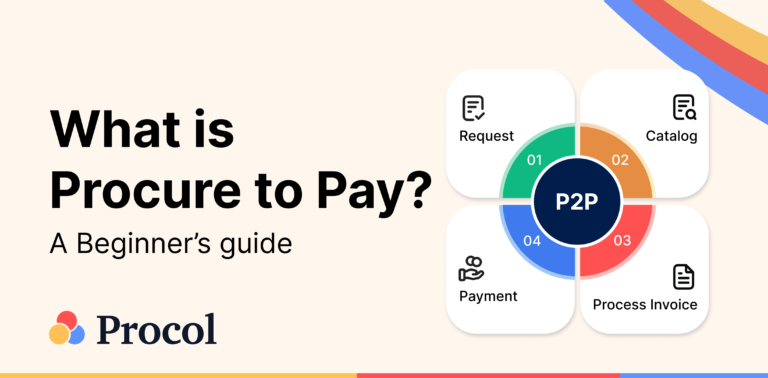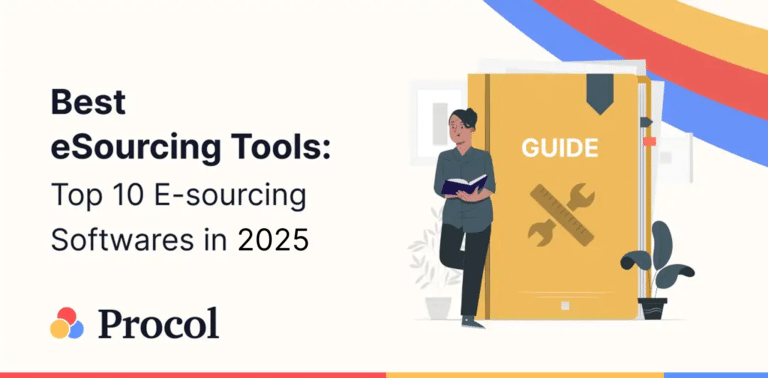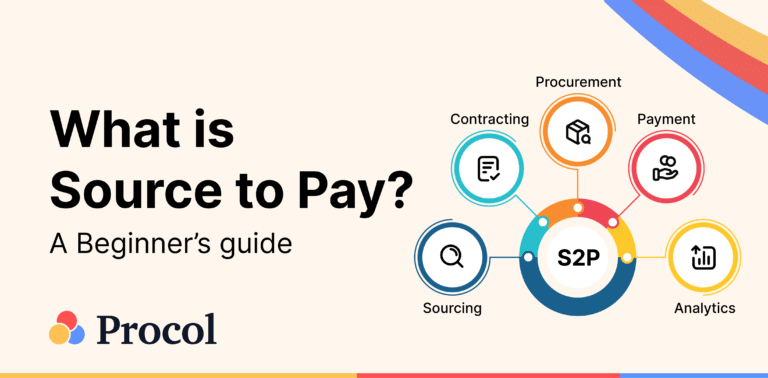Definition
A fourth-party logistics partner is a sort of 3PL that can outsource some of its responsibilities. A 3PL is expected to use its resources to fulfill all contractual services. A 3PL turns into a 4PL when they delegate any portion of their responsibilities to another party.
For instance, a business may contract with logistics provider X to manage the shipping and distant storage of a company’s goods throughout the southern United States. Supplier X will turn into a 4PL if it enters into a contract with another business to store the products.
Some business experts disagree with these definitions. Some people categorize the carrier as second-party logistics (2PL) and the cargo owner as first-party logistics (1PL) (2PL). The 4PL is viewed more as a general contractor or agency that manages numerous service providers. Some even say that a 4PL must be vendor- or mode-neutral and cannot be asset-based.
Resource or economic factors typically influence a business’s choice to contract out logistics services. A company will use a 3PL or contract partner to store or move items, take and fulfill orders, or do whatever else is required to complete the business’s transactions if it has the resources or capacity to handle the logistical chores. Other companies might discover that a partner with expertise in shipping, storage, or customer service can handle the task more cheaply.
Difference in Fourth-Party and Third-Party Logistics
Except for one crucial aspect, there is little distinction between working with a 3PL and a 4PL: With a 4PL, an indirect subcontractor handles a portion of the logistics services. In other words, you’re trusting the 4PL, the primary contractor, to choose and oversee a different business to provide the services. As a result, you have little authority and control. Dealing with a 4PL requires a higher level of trust because you entrust it to handle those contractors on your behalf.
The labels don’t matter much, but the presence of 4PLs gives manufacturers more options for meeting their logistical requirements. Many manufacturers know that logistics might not be core strengths, including shipping, receiving, warehousing, and distribution. You can get better service while saving money by hiring professionals to complete these chores. Additionally, it can free up internal resources, enabling staff to concentrate on the company’s key capabilities, such as production, design, engineering, marketing, or other areas where it excels.
Third- and fourth-party logistics services are essential to provide excellent customer support and enhance the customer experience. To assist an organization in developing its brand and reputation, supply chain managers must choose and use trustworthy, dependable logistics suppliers who will provide excellent customer service and improve the customer experience.
Fourth-party logistics is a cutting-edge form of outsourcing that has become more well-known recently. Additionally, 4PL assists businesses in managing demand-driven logistics, dynamic logistics, and inbound raw material supply.






















